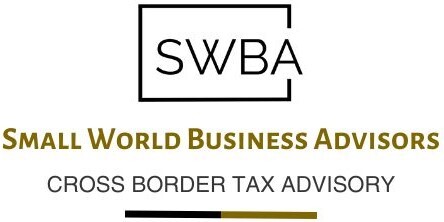Private Equity Trends 2026

Heading into 2026, private equity is regaining momentum, supported by a steadier operating environment. Following a prolonged period marked by macroeconomic uncertainty and structural transformation, the industry has come through more robust, more adaptable, and well‑placed to deliver durable long‑term results. PE has re‑established its footing by opening up new opportunities through advances in technology, […]
Taxation of U.S. Branches of Foreign Banks
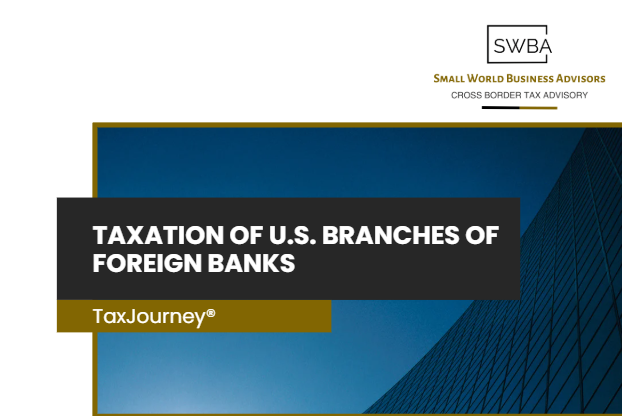
The United States tax system does not treat U.S. branches of foreign banks as separate legal entities for tax purposes. Instead, the foreign bank itself is considered the taxpayer. Foreign banks engaged in a trade or business in the U.S. are taxed on taxable income that is effectively connected income (“ECI”) with the conduct of […]
IRS releases tax inflation adjustments for tax year 2026 – Including OBBB Amendments

Each year, the IRS publishes inflation adjustments to a number of tax provisions to reflect the rising costs. For tax year 2026, the inflation adjustments are especially noteworthy because of certain amendments in the One Big Beautiful Bill Act (“OBBBA”). The amendments affect standard deductions, income tax marginal tax brackets, estate and gift tax exclusion […]
QSBS Tax Benefits Expanded: Strategic Planning Guide for 2025 and Beyond
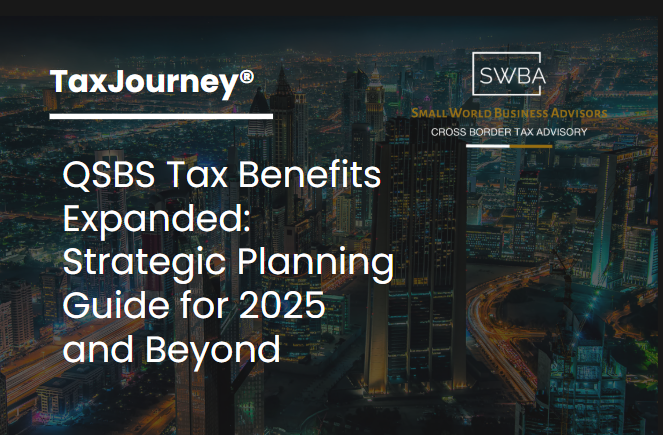
Federal legislation enacted on July 4, 2025, has expanded the gain exclusion available for sales of qualified small business stock (QSBS) under Section 1202. The revised law increases tax savings for shareholders in eligible domestic corporations, and government estimates show that taxpayer savings will rise by approximately $4.5 billion each year once all changes are […]
How Government Shutdowns Affect Taxpayers, Nonprofits, and Business Operations

The federal government shutdown, initiated on October 1, 2025, resulted from a legislative impasse in Congress over the approval of budget appropriations for the 2026 fiscal year. Despite extensive negotiations, Congress was unable to enact the necessary funding legislation to maintain full government operations. Adding complexity to this deadlock is the executive branch’s selective withholding […]
Private Equity Trends 2025 : Dealmaking Insights for a Shifting Market

The private equity landscape has reached a critical time period in 2025. Following numerous years of exponential growth rates, dealmakers now experience a very different reality of longer hold periods, tighter liquidity, and changing investor expectations. Many portfolio companies are now being held far beyond when they were originally expected to exit, creating additional pressure […]
Cross-Border M&A Trends 2025
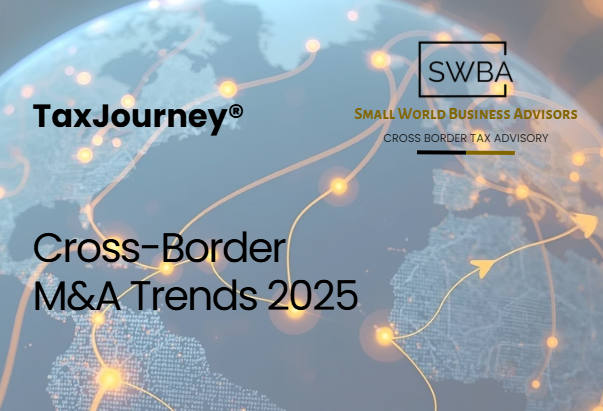
Cross-border M&A remains a significant growth area for U.S. based businesses, providing market, technology, and capital opportunities. However, the tax consequences of cross-border transactions have become significantly complicated due to multiple jurisdictions, evolving treaty interpretations, and overlapping or even contradictory compliance requirements, which pose increased challenges for deal teams and CFOs. TaxJourney® offers a U.S. […]
Impact of ‘One Big Beautiful Bill Act’ on the Private Equity Industry – Key Tax Provisions
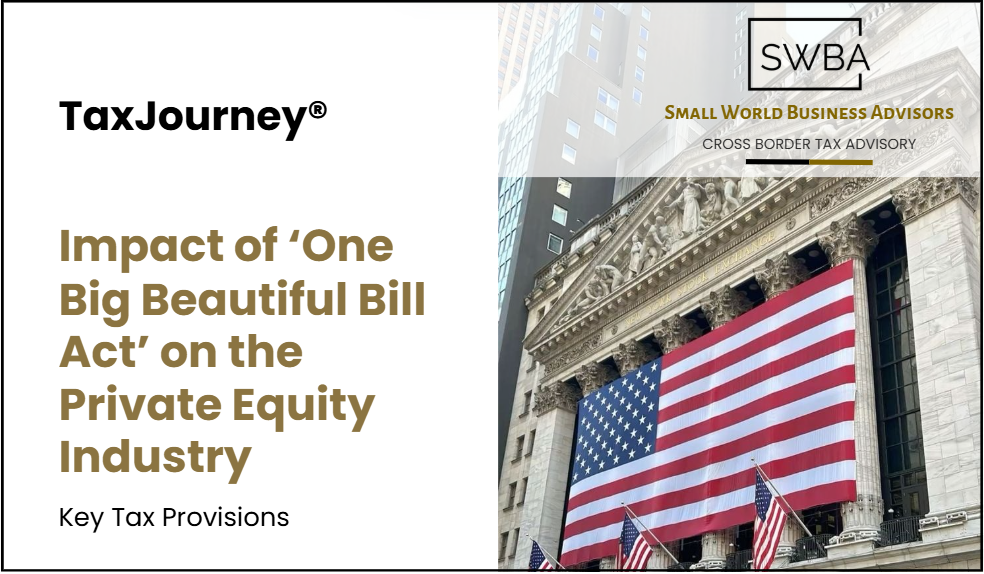
The One Big Beautiful Bill Act of July 4, 2025, implements comprehensive tax changes that seek to encourage business expansion, spur private investment, and increase the competitiveness of the U.S. economy. Although the legislation affects various industries, its consequence on the Private Equity (PE) sector is especially noteworthy. This presentation provides an overview of the […]
QSBS 2025: Tiered Tax Exclusions
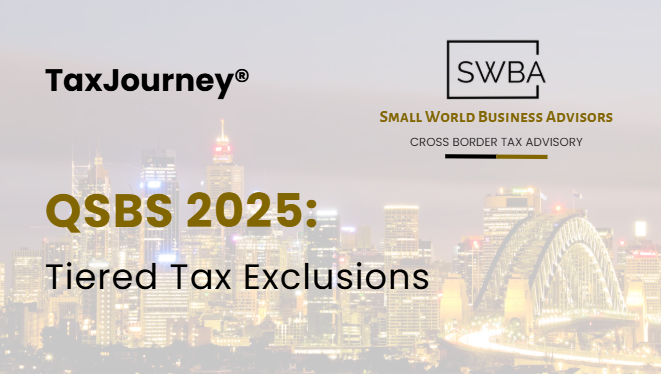
The One Big Beautiful Bill Act (OBBBA) delivers transformative enhancements to Qualified Small Business Stock (QSBS) under Section 1202, redefining how founders, investors, and PE funds approach exit planning and valuation.These reforms aren’t just incremental, they’re reshaping the economics of startup investing and M&A structuring. 1. Earlier Liquidity with Tiered Holding PeriodsUnder the OBBBA 2025 […]
One Big Beautiful Bill Act: Key Tax Changes Private Equity Stakeholders Should Know

The One Big Beautiful Bill Act (P.L. 119-21) marks one of the most consequential tax shifts in recent years, especially for private equity stakeholders. From deal structuring and investment strategy to cross-border planning and compliance, this legislation introduces reforms that demand a fresh look at how capital is deployed and returns are realized. Whether you’re […]
